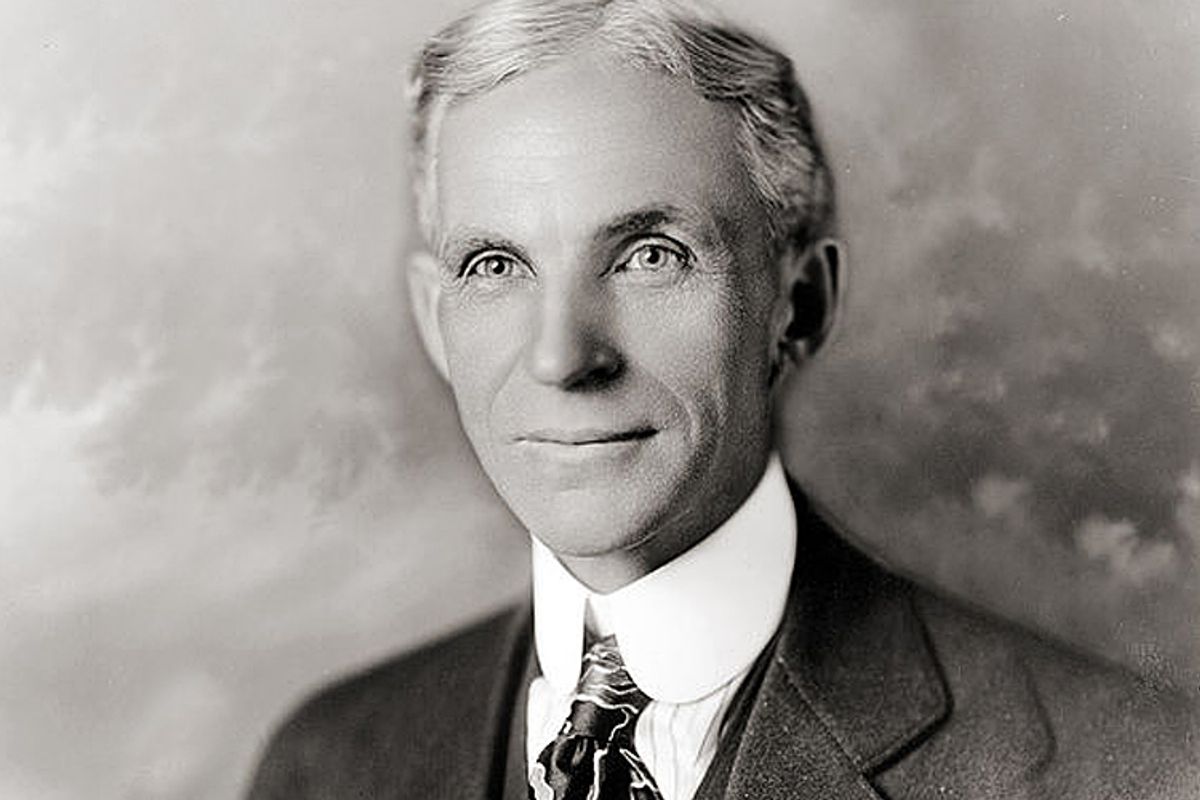Walmart just reported shrinking sales for a third straight quarter. What’s going on? Explained William S. Simon, the CEO of Walmart, referring to the company’s customers, “their income is going down while food costs are not. Gas and energy prices, while they’re abating, I think they’re still eating up a big piece of the customer’s budget.”
Walmart’s CEO gets it. Most of Walmart’s customers are still in the Great Recession, grappling with stagnant or declining pay. So, naturally, Walmart’s sales are dropping.
But what Walmart’s CEO doesn’t get is that a large portion of Walmart’s customers are lower-wage workers who are working at places like … Walmart. And Walmart, not incidentally, refuses to raise its median wage (including its army of part-timers) of $8.80 an hour.
Walmart isn’t your average mom-and-pop operation. It’s the largest employer in America. As such, it’s the trendsetter for millions of other employers of low-wage workers. As long as Walmart keeps its wages at or near the bottom, other low-wage employers keep wages there, too. All they need do is offer $8.85 an hour to have their pick.
On the other hand, if Walmart were to boost its wages, other employers of low-wage workers would have to follow suit in order to attract the employees they need.
Get it? Walmart is so huge that a wage boost at Walmart would ripple through the entire economy, putting more money in the pockets of low-wage workers. This would help boost the entire economy — including Walmart’s own sales. (This is also an argument for a substantial hike in the minimum wage.)
Walmart could learn a thing or two from Henry Ford, who almost exactly a century ago decided to pay his workers three times the typical factory wage at the time. The Wall Street Journal called Ford a traitor to his class but he proved to be a cunning businessman.
Ford’s decision helped boost factory wages across the board — enabling so many working people to buy Model Ts that Ford’s revenues soared far ahead of his increased payrolls, and he made a fortune.
So why can’t Walmart learn from Ford? Because Walmart’s business model is static, depending on cheap labor rather than increased sales, and it doesn’t account for Walmart’s impact on the rest of the economy.
You can help teach Walmart how much power its consumers have: Stand with its workers who deserve a raise, and boycott Walmart on the most important sales day of the year, November 29.



Shares